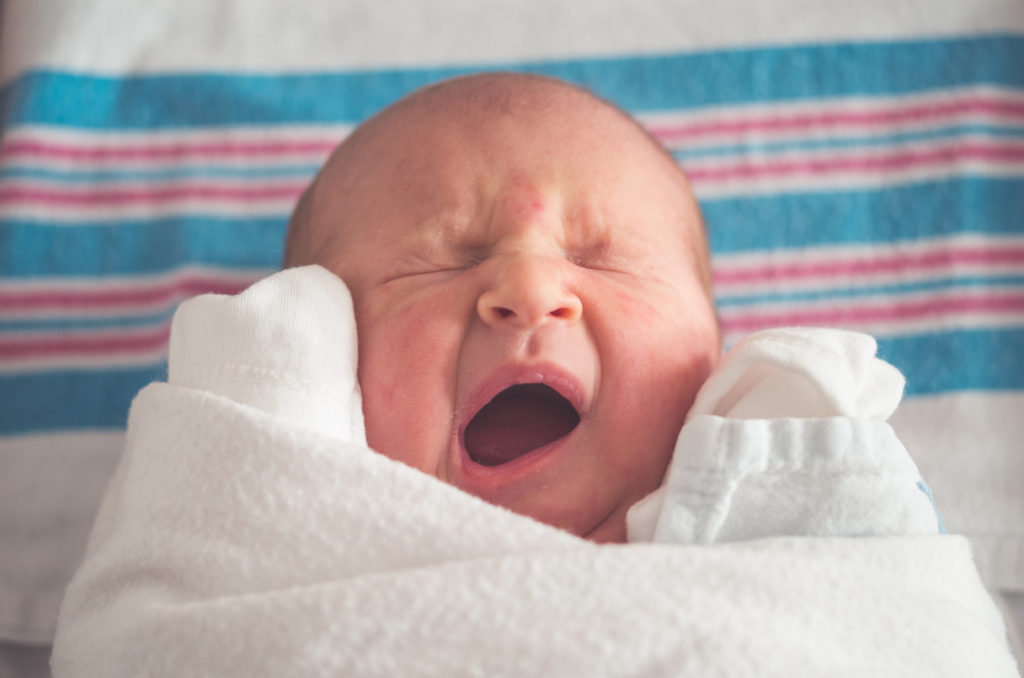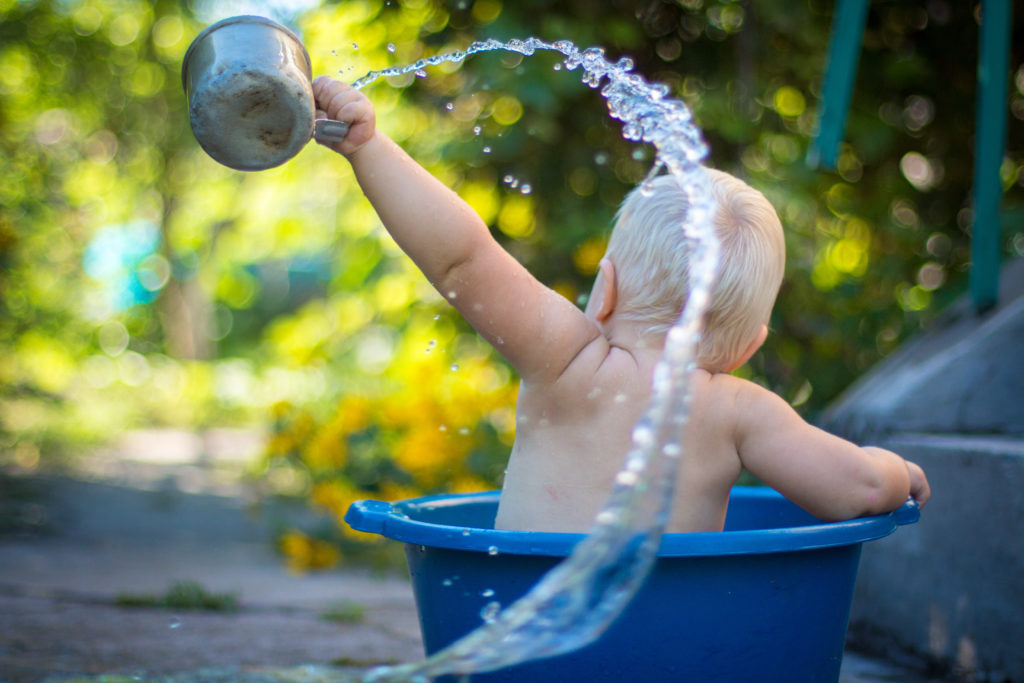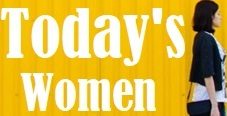What is the best age to have baby?
If you are in your twenties or thirties and do not have kids yet, an excitement of unspoken questions about your childbearing decisions may have hovered around your Thanksgiving stand last weekend. The next time the would-be grandparents in your loved ones start wanting to know about your programs, it'll be helpful to involve some ammo in what scientists say in what is the best age to have baby.
Their answer is based, partly, on what you indicate by "best."

The late young adults or early on twenties are "best" biologically, relating to John Mirowsky, a sociologist at the University or college of Tx at Austin. That's when "oocytes are fresh and your body's reproductive and other systems are in a youthful optimum," he had written. Ladies in their twenties are least more likely to have developed long-term health problems that could put them or their newborns at risk, plus they have the cheapest rates of miscarriage, ectopic being pregnant, stillbirth, and infertility. But early on pregnancy fails well in the current population, which is arranged around smaller young families and even more full-time employment for girls. If being pregnant occurs prematurily ., social difficulties often follow. At years 20 or more youthful, Mirowsky wrote, being pregnant is "much more likely to occur out of wedlock, much more likely to hinder educational attainment, and much more likely to crystallize a disadvantaged position."

Even the first twenties seems too young, in a few circles, to truly have a baby-- even though the mom is hitched and has a school level. Michelle Horton, for example, gave beginning to her boy, Noah, when she was 21, an years that seemed realistic enough a era ago. She started out a blog called Early on Mama to file her sense of isolation when she required Noah out and nosy strangers asked incredulously how old she was. She usually said 25 or 27, merely to shut them up. "But while I could lay to strangers, the actual fact remains i am still an extremely young mom," she composed on her behalf blog. "The majority of my friends are in grad college, cheating on the boyfriends, getting misused. I'll have to handle future play times where other parents are 10, even 15 yrs . old than I am. But also for me, for all of us, we're ready and we're happy, despite your upturned nasal area."
Colposcopy clinic harley street
Gynaecologist harley street
The natural "best time" for a newborn is plainly out of step, then, using what might be the sociological "best years." Many twentysomethings consider themselves much too dispersed and irresponsible to truly have a child. As Mirowsky said, "Humans mature reproductively in regards to a decade before People in the usa mature socially."
You might explain "best" as signifying the best opportunity for the fitness of the infant, as opposed to the health of the motherhood itself. With this definition, regarding to Mirowsky, one California research figured the "best age group" for first delivery, in conditions of least expensive rates of delivery flaws, is 26. Nice to learn, I assume; that's how old I got when my elderly little princess was born--and she was quite perfect. An alternative study, predicated on national data, viewed a different way of measuring a baby's health--rates of overall child mortality alternatively than beginning defects--and pinned the
"best time" even elderly, at 32.
Or you could explain "best years" as the best results for the mother's long-term health--which sets the ideal age group old still. Using data from a mobile phone survey regarding women aged 45 to 95, Mirowsky discovered that those who reported sense most fit and dynamic in midsection or later years, and with the fewest self-reported physical health conditions, had experienced their first newborns typically at time 29. Those that reported the best health overall in midsection or later years had possessed their first newborns normally at 30; people that have the fewest pains and aches and the fewest chronic diseases acquired had them typically at 34. Put everything along, he said, and the maximum age initially birth in conditions of the mother's long-term physical well-being was 31 yrs . old.
Of course, if you determine "best age group" in conditions of the longest life span for the mom, the optimum age group is oldest of most. Mirowsky conducted interviews with 1,890 moms, requesting about their current health, including persistent illnesses, range of motion problems, and self-assessments of malaise and other problems. Then he viewed mortality data, made some modifications for educational attainment, and figured the entire "best get older" for an initial child, in conditions of long-term health insurance and mortality for the mom, was 34. Communal pressure that delays the start of parenthood, he composed, "greatly outweighs the biodevelopmental features of youthful body organs." For twentysomethings pondering about how precisely to time their schooling, a better job, and family building, he offered these suggestions: they can "reasonably expect optimal wellbeing effects from delaying motherhood to their thirties."
A different examination of the long-term health of aged mothers presents hook problem, at least for females who wish to have significantly more than one young child. While having an initial baby at age group 34 might be fine, this other review implies, what's even more fine is to truly have a previous baby before era 35.
That was the final outcome created by Angelo Alonzo, a sociologist at Ohio Point out, who in 2002 conducted a report much like Mirowsky's by using a different data place, the large Country wide Health and Nourishment Examination Review (N-HANES). After changing for cultural factors that affect health (competition, age, income, medical health insurance coverage, smoking), he likened the health position of two sets of middle- and late-life women: those who acquired any births after age group 35, and the ones who had completed having babies at that time. Which means this wasn't taking a look at get older of first labor and birth; it was taking a look at 35 as a cutoff for get older of last delivery. Women who acquired had newborns after get older 35, Alonzo found, experienced higher systolic blood circulation pressure, higher blood sugar, poorer health as evaluated by your physician, and poorer flexibility later in life than women who acquired had almost all their newborns before 35.


excellent article, keep it up
excellent article, keep it up
awesome posting
nice one